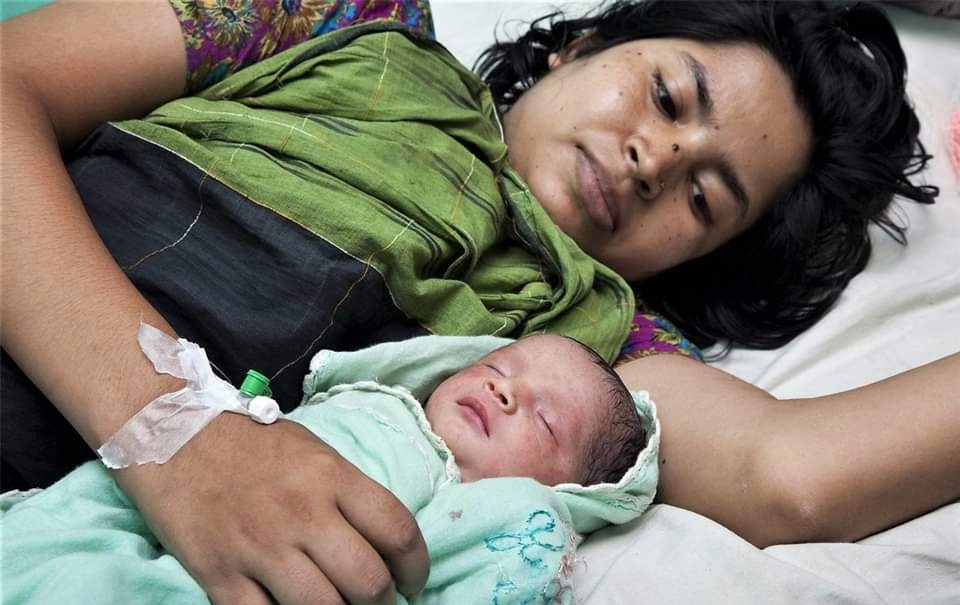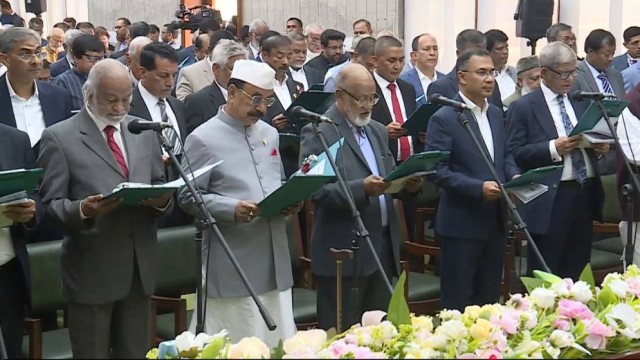Mother's Day, a holiday celebrated worldwide in honor of mothers and motherhood, has a rich history dating back to ancient times. While its modern form originated in the United States, the concept of honoring maternal figures has deep roots in various cultures.
In the Middle Ages, the tradition of visiting home parishes and mothers on Laetare Sunday during Lent evolved into Mothering Sunday in Britain. This custom continued into modern times, albeit overshadowed by the emergence of Mother's Day.

The modern Mother's Day owes its inception to Anna Jarvis of Philadelphia, who organized a memorial service for her late mother in 1907. Within five years, the holiday gained nationwide recognition in the United States, with President Woodrow Wilson officially declaring it a national holiday in 1914. While Jarvis initially advocated for wearing white carnations as a tribute to mothers, the tradition expanded to include red or pink carnations for living mothers and white carnations for deceased ones.
Over time, Mother's Day expanded beyond honoring biological mothers to include grandmothers, aunts, and other maternal figures. However, the holiday's commercialization led Jarvis to spend her later years campaigning against it.

Ancient festivals honoring mother goddesses, such as Cybele and Rhea, date back to antiquity, with adaptations made by cultures worldwide. In the 19th century, women's peace groups in the United States sought to establish holidays promoting peace, with early iterations of Mother's Day emerging as a platform for anti-war activism.
Ann Jarvis, Anna Jarvis's mother, laid the groundwork for Mother's Day by organizing "Mother's Friendship Day" to reunite families divided by the Civil War. Although Ann Jarvis passed away before the annual celebration took root, her daughter continued her efforts, eventually leading to the establishment of Mother's Day.

Various limited observances of Mother's Day occurred in the late 19th century, including a "Mother's Day for Peace" anti-war observance led by Julia Ward Howe. Additionally, a Mother's Day observance in Albion, Michigan, in 1877 marked an early recognition of maternal contributions, setting the stage for future celebrations.
Frank E. Hering, an advocate for a national Mother's Day, championed the cause in the early 20th century, emphasizing the importance of honoring mothers and motherhood. His efforts, along with those of other proponents, contributed to the establishment of Mother's Day as a widely celebrated holiday.
From its ancient roots to its modern observance, Mother's Day continues to serve as a day of tribute and appreciation for maternal figures worldwide.































Comment: